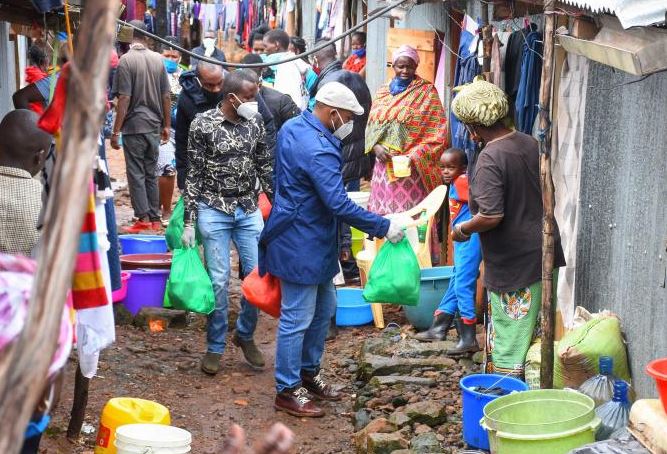×
The Standard e-Paper
Home To Bold Columnists

Deaths, evictions, crime, hunger, domestic violence and idle school children who can't access online teaching are now a nightmare in Nairobi's informal settlements.
Since Kenya reported its first case of the Covid-19 disease on March 13, life in the capital city's slums has become unbearable.